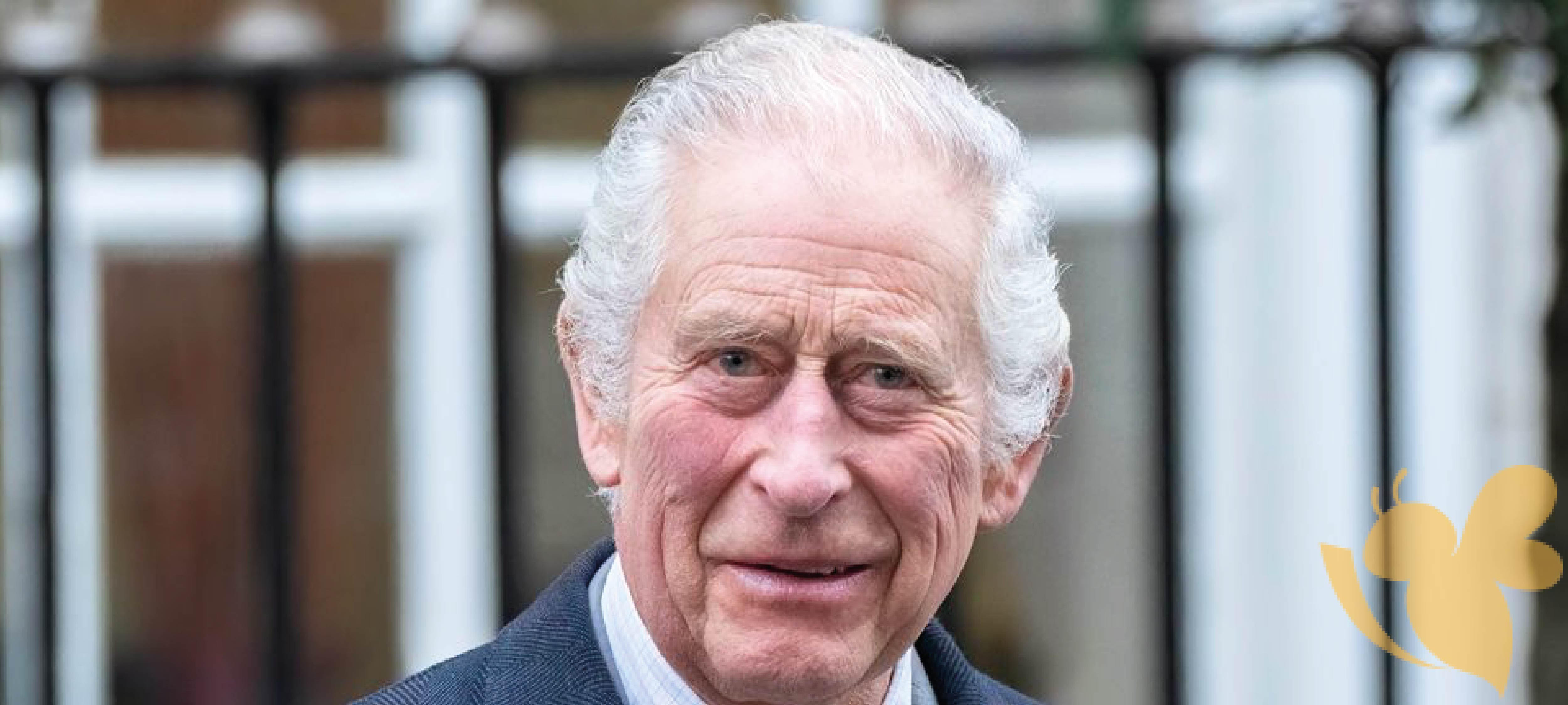The news of King Charles III being diagnosed with cancer has sent shockwaves throughout the kingdom. This revelation has not only raised concerns about the future of the monarchy but also sparked a national debate about the role and responsibilities of a monarch in times of personal crisis.
King Charles III, known for his dedication to public service and commitment to his subjects, has been an influential figurehead for decades. His diagnosis has left many questioning how this will impact his ability to fulfill his duties as king. Some argue that he should step down and focus on his health, allowing a regent to assume temporary power. Others believe that he should continue reigning, as it is his duty to serve until death.
“During The King’s recent hospital procedure for benign prostate enlargement, a separate issue of concern was noted. Subsequent diagnostic tests have identified a form of cancer,” the palace said in a statement.
It is unclear what form of cancer was detected, but the palace said Charles does not have prostate cancer.
An enlarged prostate is not linked to cancer, and it is relatively common among older men: Around 80% of men over age 70 have it, according to Yale Medicine. Charles turned 75 in November.
The King returned to London from Sandringham in Norfolk on Monday morning and the palace says he has started treatment as an outpatient.
Although he will pause his public events, the King will continue with his constitutional role as head of state, including paperwork and private meetings.
It is understood his weekly audiences with Prime Minister Rishi Sunak will continue and will be in person, unless doctors advise that he limits such contact.
Charles departed from royal tradition with his openness about his prostate condition. For centuries Britain’s royal family remained tight-lipped about health matters.
When U.K. monarchs had real power, news of illness was withheld for fear it might weaken their authority. The habit of secrecy lingered after royals became constitutional figureheads.
The British public wasn’t told that Charles’ grandfather, King George VI, had lung cancer before his death in February 1952 at the age of 56, and some historians have claimed that the king himself wasn’t told he was terminally ill.
In the final years of Elizabeth’s life, the public was told only that the queen was suffering from “mobility issues.” The cause of her death was listed on the death certificate simply as “old age.”
Read more
Patrick Mahomes Sr. charged for driving while intoxicated LaLiga: Real Madrid draw Atletico (1-1)Sarah H
Also on site :
- ‘I stood up for myself’: 32 co-stars who famously clashed on set
- Rosie O’Donnell ‘can’t believe this is her’ as she shares recent photo
- Gordon Ramsay Bar & Grill launches breakfast menu

